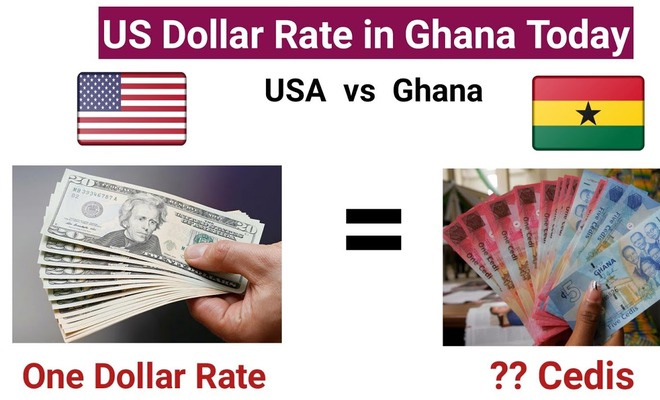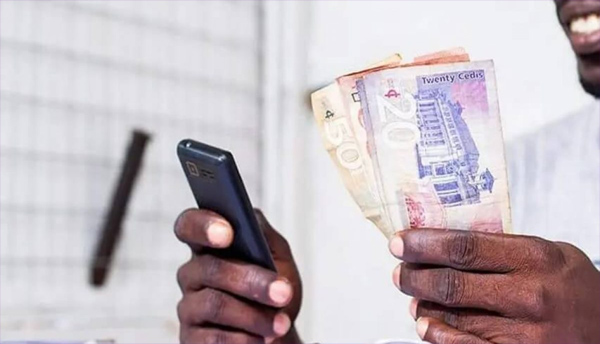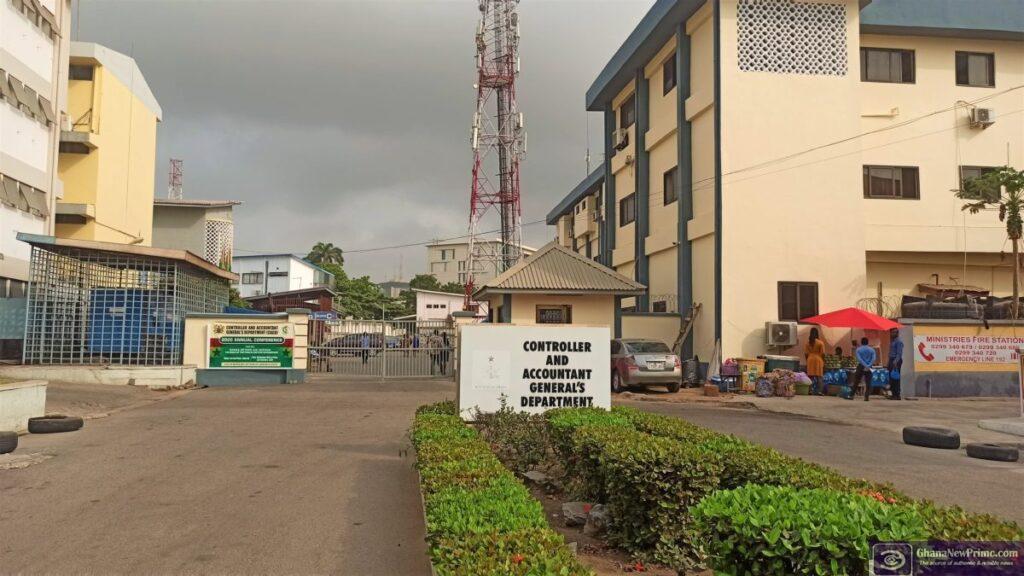$1 now sells for ¢15, as the currency faces fast depreciation. Ken Ofori-Atta says “Don’t panic”. The Ghanaian Cedi has fallen significantly to become the worst performing currency in the world this year, after losing more than 45% of its value to the US dollar.
Bloomberg reports that the cedi lost 3.3% of its value against the dollar on Monday, October 17, 2022, to sell at 11.27 cedis per 1 dollar.
From January to October 2022, the cedi depreciated by 45.1% against the dollar, the worst among 148 currencies tracked by Bloomberg. This means that the Ghana cedi has swapped places with the Sri Lankan rupee, which is now the second worst performer. The Sri Lankan rupee has lost 44.7% of its value against the US dollar this year.
Ghana is going through difficult economic times characterized by soaring inflation. The situation is so bad that Ghana’s finance minister, Ken Ofori-Atta, was forced to go humble when he presented himself to the International Monetary Fund (IMF) for a bailout package. The minister had boasted months earlier that Ghana, “a proud nation and a proud people”, did not need the IMF to restore macroeconomic stability. However, it is not yet known when the nation will receive the money from the Bretton Woods institution.
The Minister of Finance, Ken Ofori-Atta has urged Ghanaians not to panic or put further pressure on the cedi, as the cedi continued its rapid slide against the US dollar in October 20, 2022. Speaking from Washington DC, where he is meeting the International Monetary Fund (IMF) over Ghana’s economic conundrum, Mr Ofori-Atta said the steep fall of the local currency is worrying.
According to the Minister of Finance, Ken Ofori-Atta, it was quite perplexing to see the level of the cedi’s depreciation. He said the depreciation of the cedi in October may have been occasioned by a rush for dollars for the import of Christmas goods.
Mr Ofori-Atta was hopeful that the slide would be halted when the government reaches an agreement with the International Monetary Fund (IMF) for economic support this year.
“…It’s quite perplexing to see where it’s going, of course, typically in October, people are importing for Christmas and maybe there’s a rush for that (the dollar) but my expectation is that once we also conclude with the Fund (IMF), that will lead to the fund’s disbursement early next year to do that,” Mr Ofori-Atta said in an interview with Asaase Radio.
He added that, additional support from countries such as Germany and France would provide the country with the funds needed to halt the slide of the cedi.
“The support we are getting from countries like Germany and France, we are confident that we will get the resources needed, so we really would want people to know not to panic or be rushing in order to put pressure on the currency, I think it’s unnecessary and we are in good shape”.
The unprecedent fall of the local currency in less than 16 hours has triggered a furore on social media with some predicting that the by December the cedi could sell at over GH¢20 to $1.
The cedi started the day trading at almost GH¢13 to a dollar and ended at GH¢15 to $1 at forex bureaus.
Skyrocketing inflation and the cedi’s depreciation has raised the cost of living in Ghana, especially for the poor who spend a chunk of their incomes on food. Businesses are in distress as rising inflation erodes their capital. The government is hoping to secure macroeconomic stability as it approaches the IMF for a bailout deal that is expected to come into force next year.
Ghana is hoping to receive as much as $3 billion under an IMF extended credit facility program to bolster its finances and regain access to global capital markets.
Kindly read all the Latest News, Entertainment News and gossips here. Follow us on Facebook, Instagram, Twitter, YouTube and Telegram.





